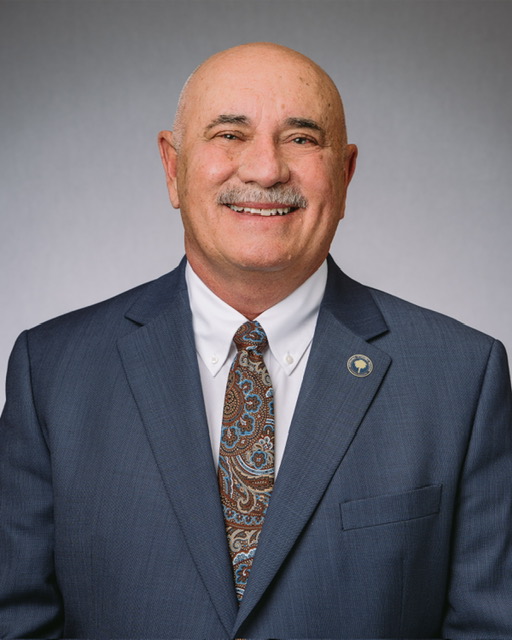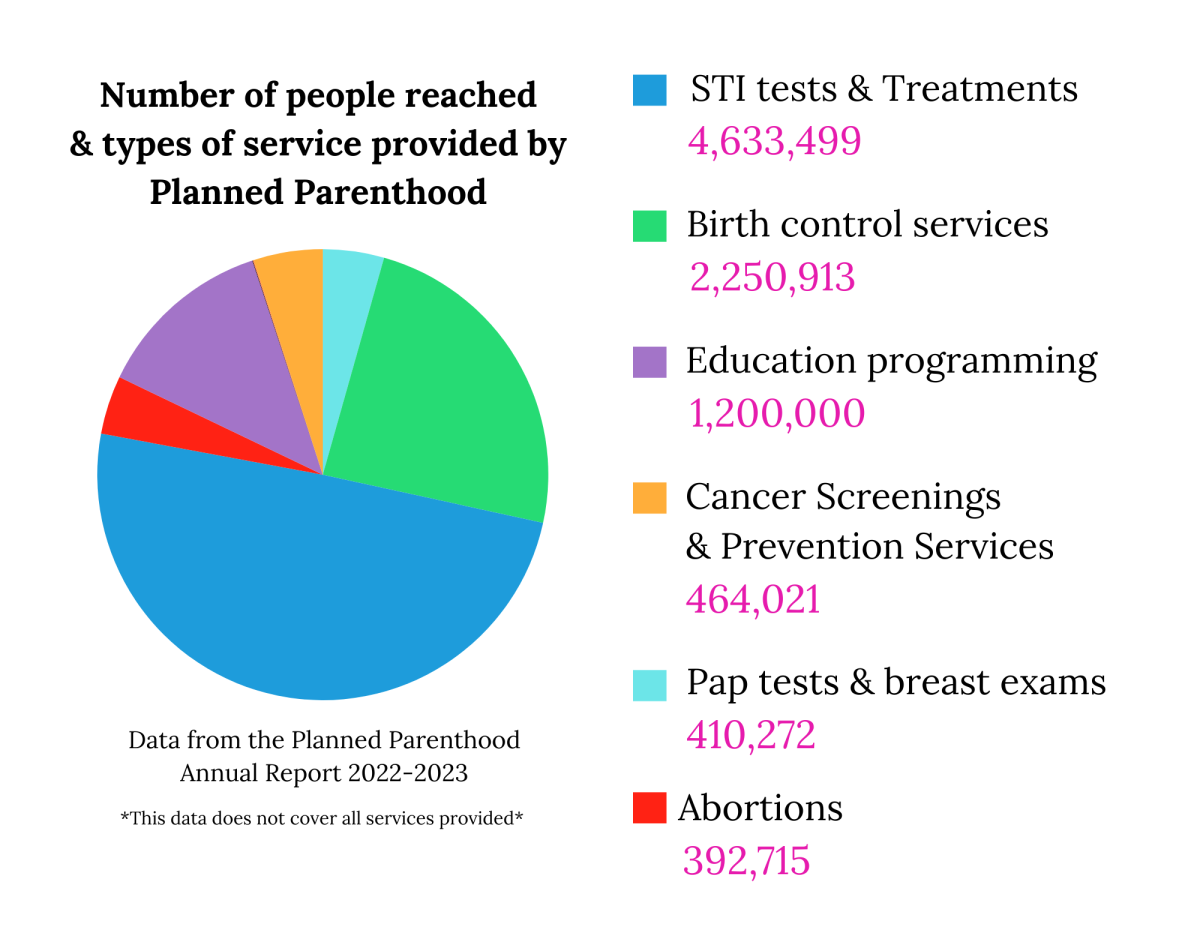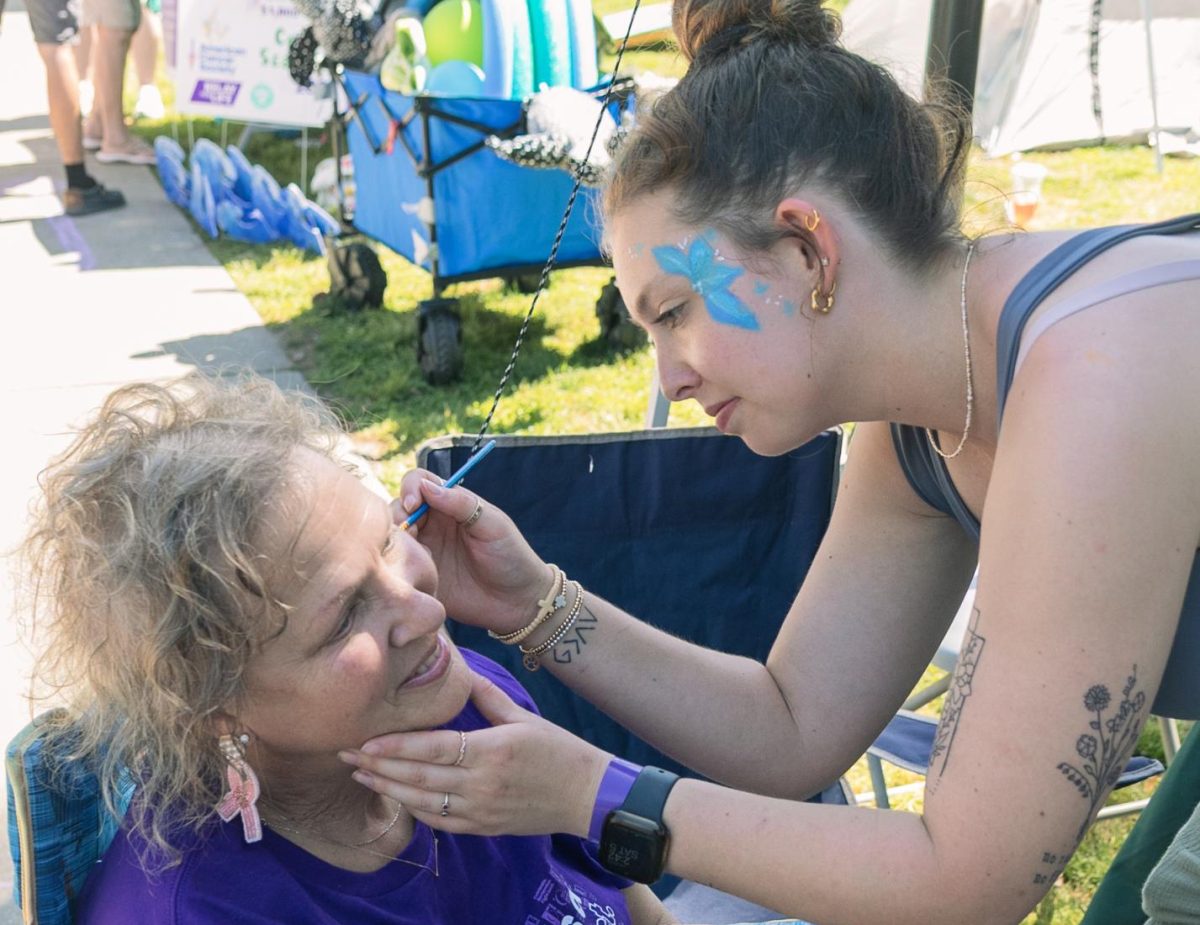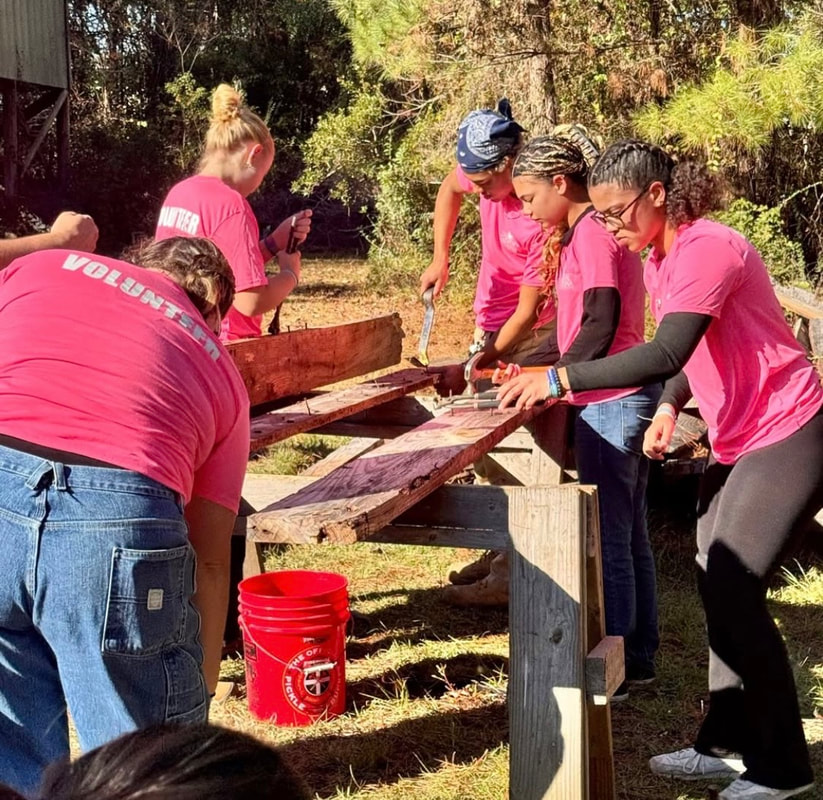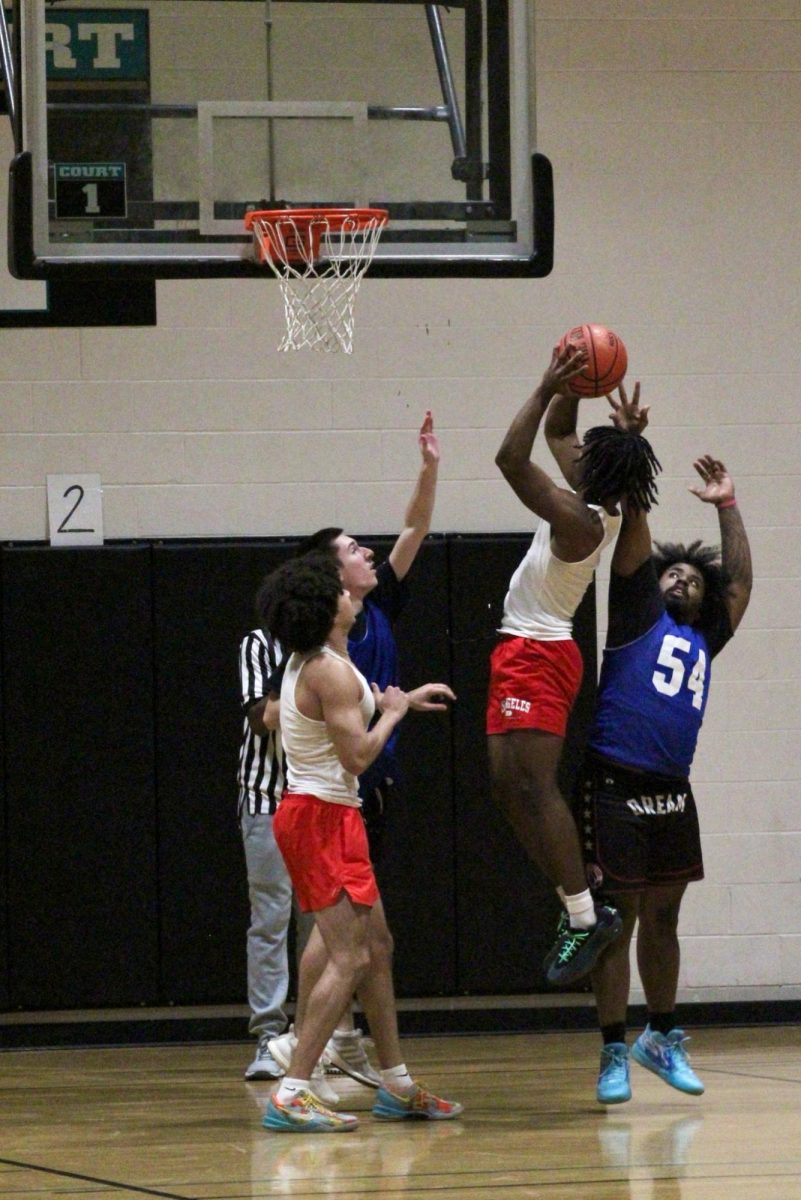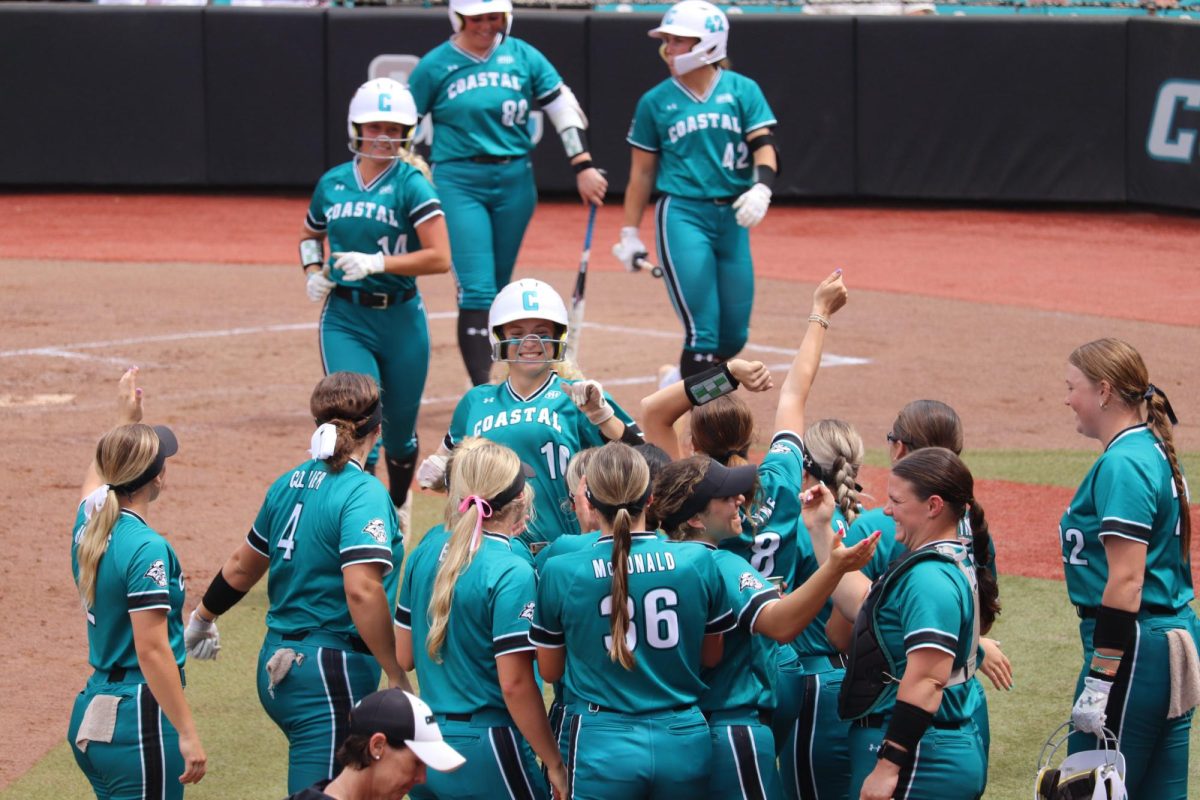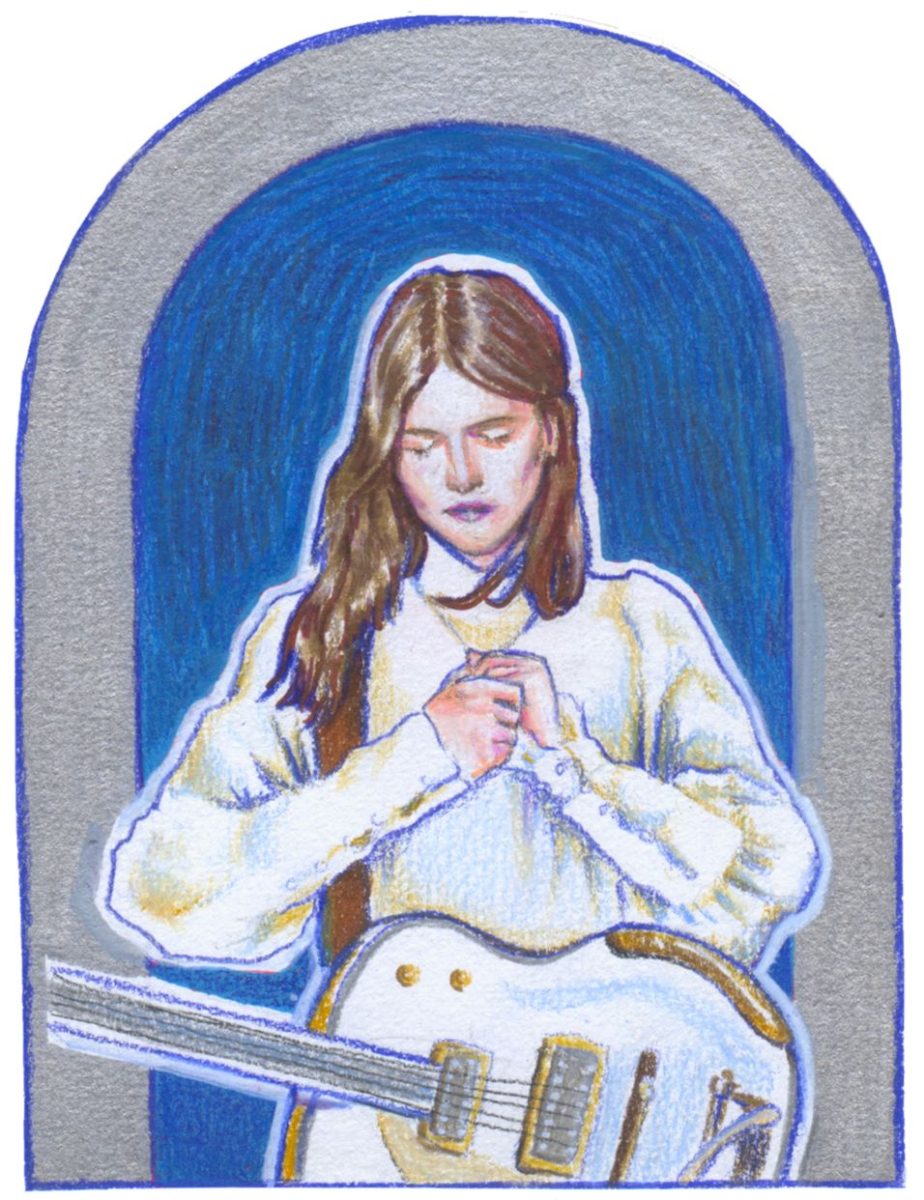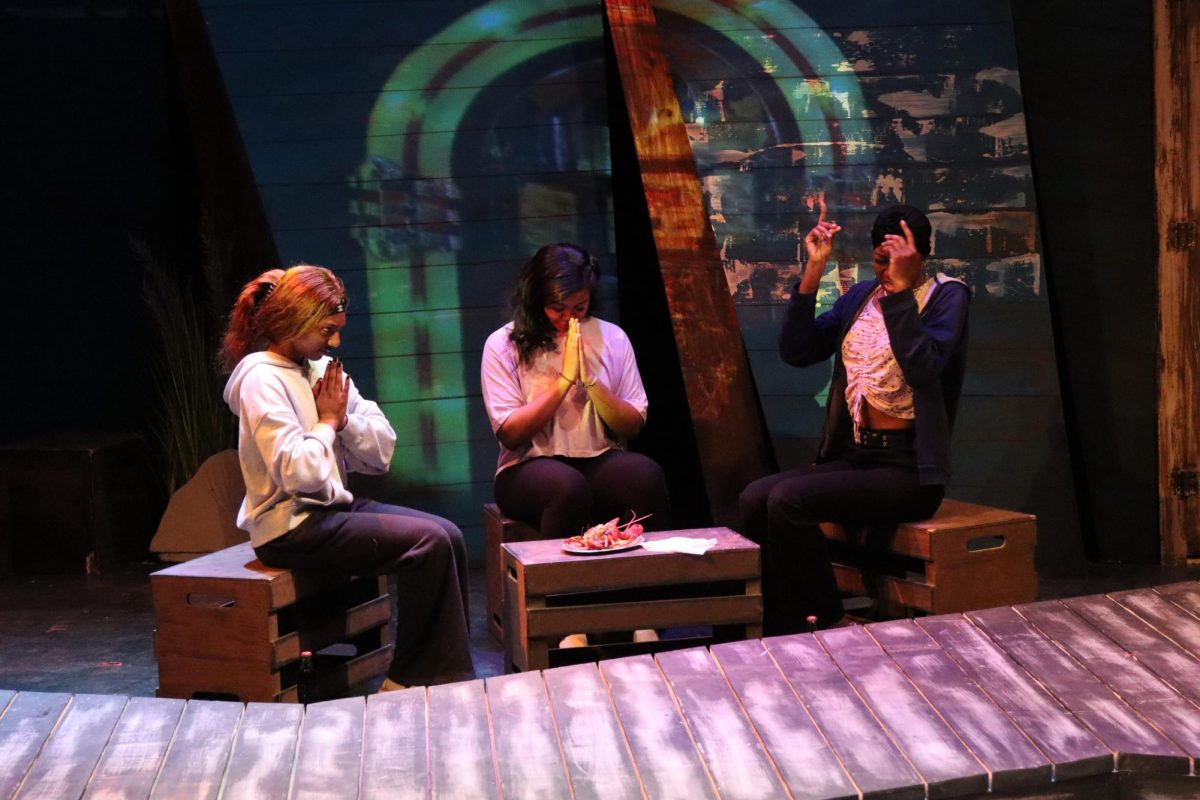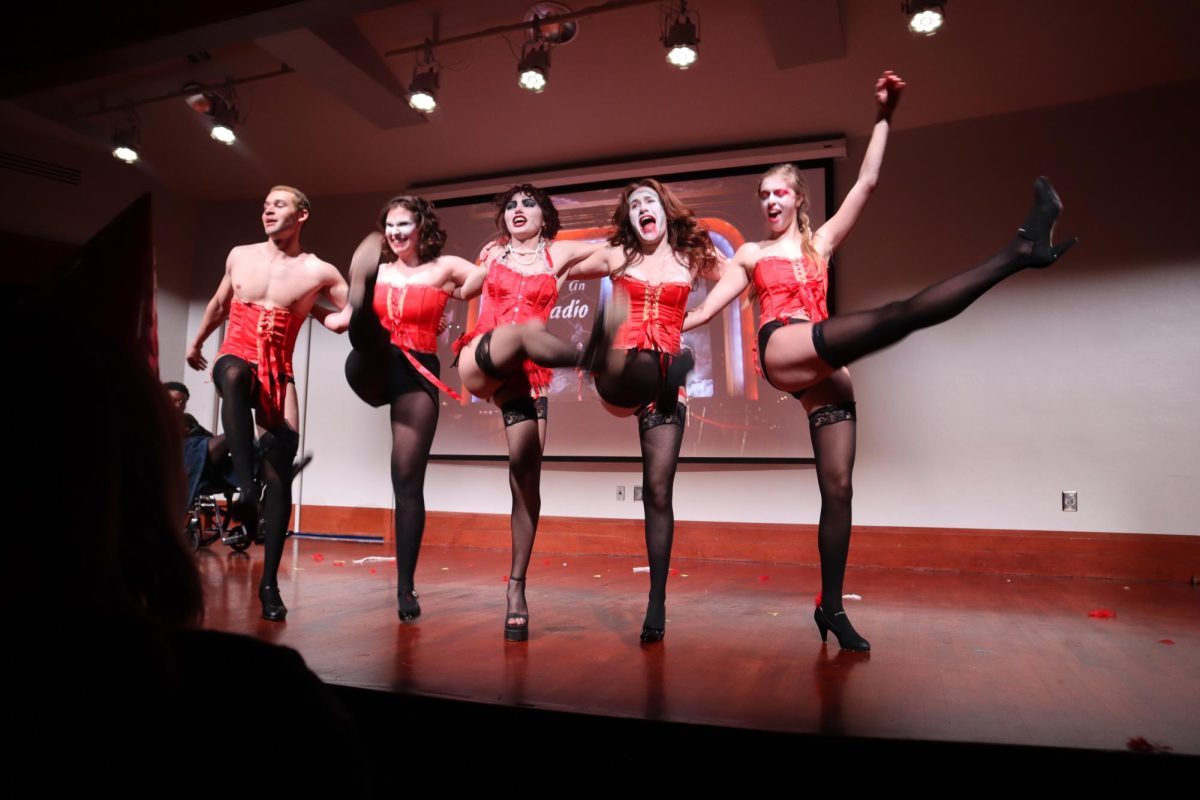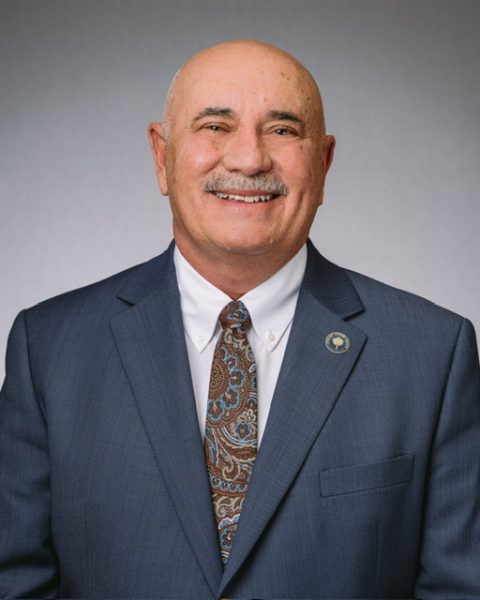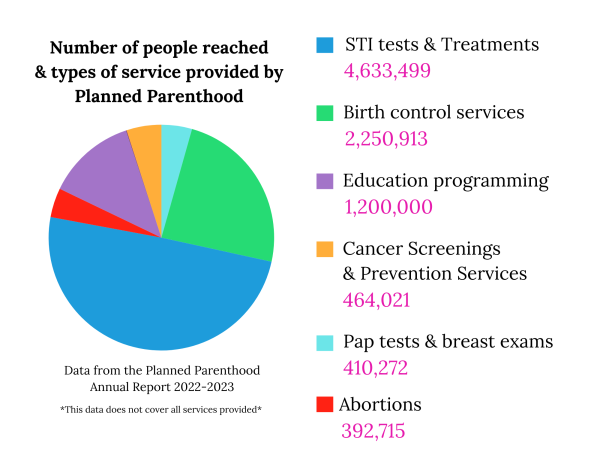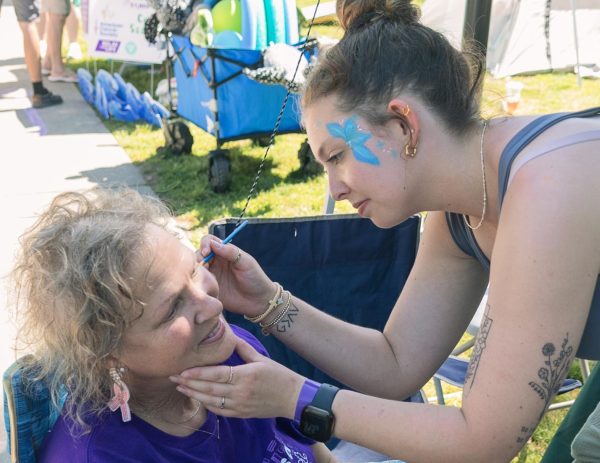“Anti-truth” bills cause Coastal students to push back
Even though Black History Month is over, Coastal students continue to advocate for change on campus as well as in the state legislature.
On Feb. 28, the Social Justice Club and National Association for the Advancement of Colored People (NAACP) held a meeting where students and faculty could openly talk about the anti-Critical Race Theory (CRT) bills proposed in the South Carolina Committee on Education and Public Works. This committee is part of the S.C. House of Representatives. There are several bills circulating right now that are directed at limiting the discussions of topics like CRT, gender, and the LGBTQIA community in public schools and universities.
One bill, H.4605, proposed to amend the code of laws of South Carolina by adding section 59-29-12. This section said the following:
“To protect the dignity and rights of all individuals to be free from ideological coercion and indoctrination in places of learning, childcare, and employment that receive, or benefit from, state funds or accommodations, directly or indirectly.”
Issac Bailey, professor of public policy at Davidson College is an expert on Race and journalism.
Bailey said these bills are anti-free speech, he said they are trying to roll back progress as well as endanger true academic freedom for teachers and students.
“What we’ve seen in research on this is the fact that if you actually teach kids early on about the complexity of race and structural issues, when they grow up it’s easier in order for them to actually cope in a diverse society,” Bailey said.
At Monday’s meeting, multiple students, as well as faculty, stood up to speak on why it is important for CRT to be taught in public institutions. Due to the sensitive nature of this topic recordings were not permitted, but the general consensus of the audience was representation matters and makes a difference in a child’s life. One student said the lack of CRT in the curriculum can lead Black children to have a “misidentified feeling of self.”
Tyler Williams, president of the Social Justice club said she thought the meeting went well.
“I think the discussion was productive. Many students, staff, and professors were able to share their constructive criticisms and thoughts about these anti-truth bills,” Williams said. “It was effective to hear how we can support POC students on campus and professors in distress over possible censored curricula. Overall I think it was helpful to be in a room full of people who support each other and felt very communal.”
Although this meeting was important to inform the community of these bills, there is still lots of work to be done in preventing them from being passed into law.
